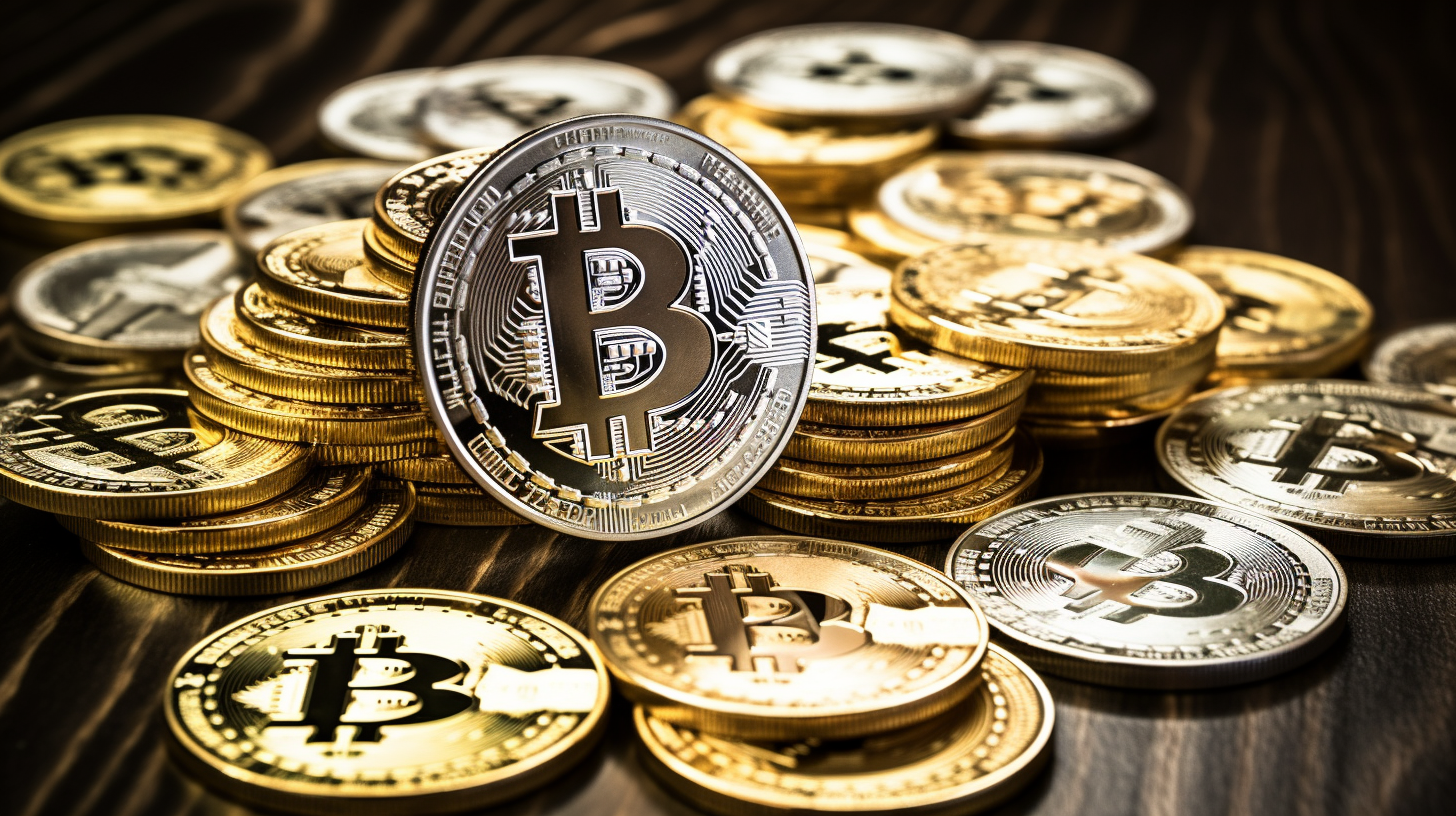In the pulsating world of Esports, where digital prowess is king, a subtle yet profound revolution is overtaking how the industry operates economically. The old guard of fiat currencies has been dethroned, with cryptocurrencies now reigning supreme. This transformation has not been silent, instead, it has roared through the stadiums and across the online battlefields of competitive gaming. Today, we delve into the dynamic narrative of how digital currencies have altered the course of the Esports economy.
Imagine a scenario where each in-game kill pays out in Bitcoin, and tournament prize pools are immense vaults of Ethereum, Ripple, and more. This isn’t mere fantasy for the denizens of our crypto-saturated realm. Esports teams and individual players are now bankrolling their careers in digital currencies, a reality that was once a storyline in a cyberpunk novel.
Let’s dissect the infrastructure of this brave new world. Firstly, the payment systems within Esports have become streamlined thanks to blockchain technology. Smart contracts autonomously execute payments upon the satisfying of pre-determined conditions, such as tournament victories or achieving certain in-game milestones. These smart contracts ensure transparency and punctuality, something that was heavily critiqued in the past.
Moreover, sponsorship deals are increasingly being conducted in cryptocurrencies. Brands are quick to spot the merging demographics of crypto-enthusiasts and gaming aficionados. By utilizing digital currencies for sponsorships, companies benefit from reduced transaction costs and the absence of currency conversion fees. Not to mention, this strategy enhances their image as forward-thinking and technologically adept.
The cultural shift is palpable. Go to any Esports event, and you’ll witness fans donning apparel with crypto logos, cheering on their favorite teams who might just as well be named after popular coins. The fan engagement doesn’t stop at rooting for teams; it extends into fan tokens and exclusive collectibles – the decentralized answer to memorabilia – traded and valued just as any cryptocurrency.
Let’s not forget the Esports marketplaces. These online hubs, operating exclusively in cryptocurrencies, provide gamers with everything from gaming hardware to in-game assets. They’re not merely online shops; they’re vibrant communities built on the foundation of a shared economy, free from the limitations of FIAT currency.
However, this golden coin comes with its sides. The volatility of cryptocurrencies introduces a risk element to earnings and investments. Players and organizations juggle the rewards and hazards, exchanging the stability of fiat for the potential windfall that comes with wise crypto investments. It’s a high-stakes game within a game, with wagering not only on skills but also on the fluctuations of the market.
But where there is risk, there is innovation. Insurance protocols and hedging mechanisms built on cryptocurrencies have started to appear, catering to those within the Esports sector seeking to mitigate financial risks. As such, an ecosystem of financial tools is sprouting, born from the union of Esports and cryptography.
As lady luck casts her dice in the Esports arenas, the question lingers: What’s next for this flourishing economy? The answer might lie in looking at the emerging trends in blockchain tech, which are continuously evolving, potentially offering novel mechanisms for revenue generation and fan engagement. Perhaps the next stage in this economic evolution is the incorporation of non-fungible tokens (NFTs), providing a medium for unique in-game items and experiences.
To close, the encroachment of cryptocurrency into the Esports economy is not a mere trend; it’s an irreversible evolution. The way wagers are placed, earnings are amassed, markets are made, and fans are engaged, has fundamentally shifted. This digital currency dynamo has given rise to new industry standards and practices that seem to be here to stay. In this Esports economy, everyone, from the players to the fans, is poised to ride the crypto wave to an ever-more wrapped virtual and financial integration.
